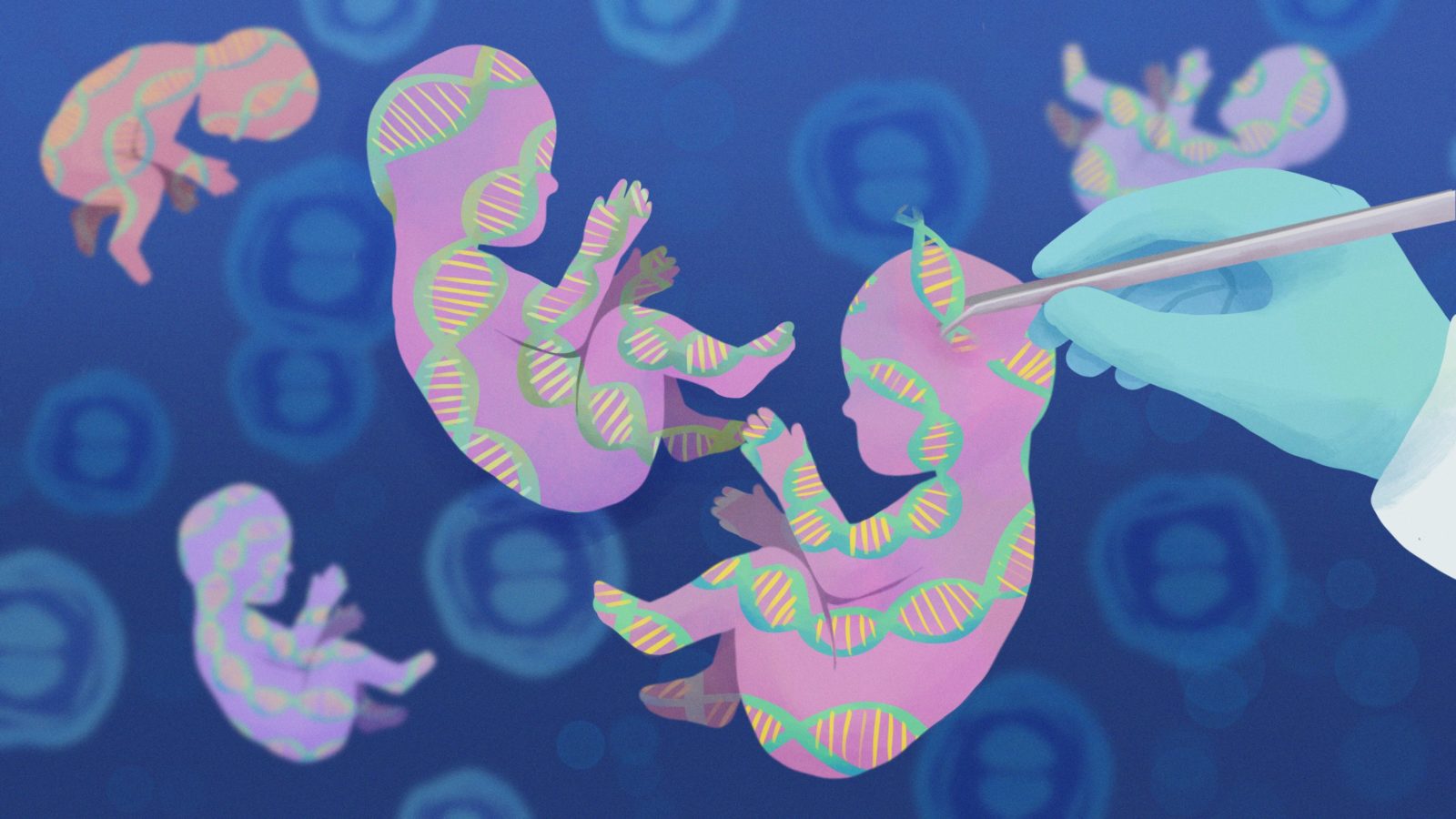The Co-Evolution of the Permissibility of Genetic Engineering and Parental Obligation

Award for Best Ethics Paper
By: Dayanna Ramirez
Gattaca, a provocative science fiction film, highlights the societal and ethical issues that arise from the current explosion of genetic knowledge and engineering capabilities. This looming threat must be addressed through a bioethical discussion surrounding the roles and responsibilities parents have in the decision-making on gene editing to produce equitable policies in the future.
Gattaca, Andrew Niccol’s popular 1997 science fiction film, explores the role genetic engineering is projected to play in the not-so-distant future within the realm of bioethics. The film begins by introducing both sides of the ethical debate through the opening credit, “Consider God’s handiwork; who can straighten what he hath made crooked?” (Ecclesiastes 7:13), which is immediately followed by “I not only think that we will tamper with Mother Nature, I think Mother wants us to” (Gaylin, 1984). Niccol explores the impact genetic engineering can have on various aspects of life, such as family planning, new forms of discrimination, and understanding of self-worth and capabilities, in a world deeply immersed in technological advancements. While the prospects posed by Gattaca may have, at one point, been dismissed as purely a figment of science fiction, we are now in an era in which we must critically evaluate the permissibility of genetic engineering in future persons.
This paper will be examining our evolving attitudes towards gene editing in three categories: aesthetics, non-fatal disease prevention, and fatal disease prevention. Since matters of selection for future persons often involve parental decision-making, this paper will analyze the evolution of attitudes through the lens of our developing understanding of parental responsibilities. With the expansion of human genome editing, we will soon need to find answers to a multitude of ethical concerns. By having this ethical discussion, we can pave the way towards equitable policy-making that protects genetic diversity and honors the autonomy of future persons.
comments powered by Disqus